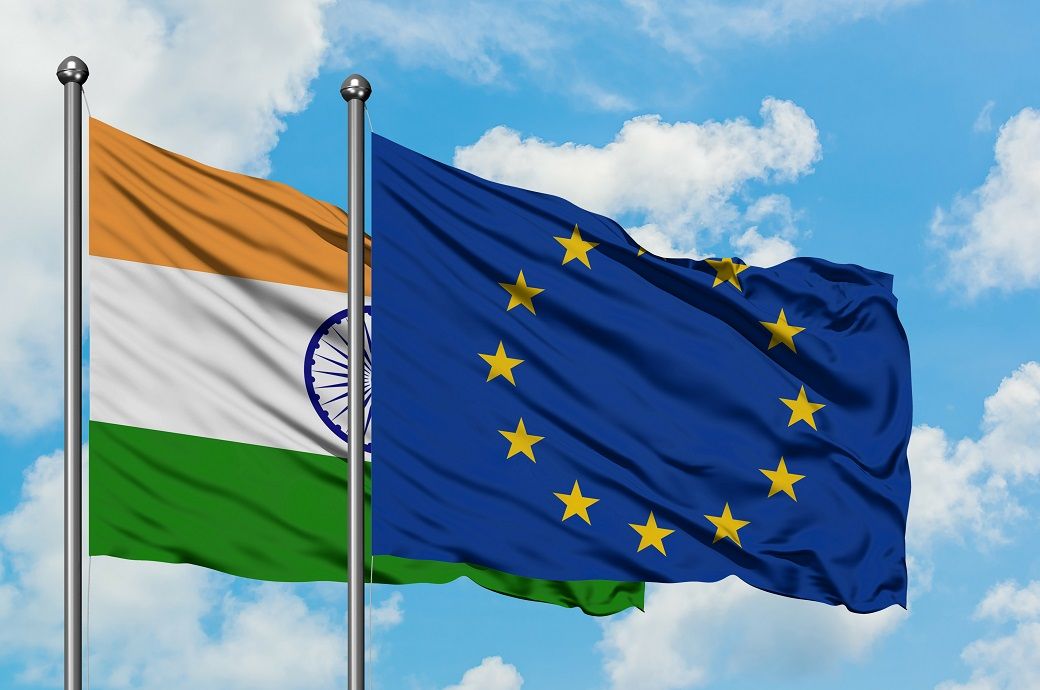
The new regulations will replace the existing ecodesign directive and broaden its scope. These regulations mandate product durability, reusability, upgradability, reparability, and energy and resource efficiency. The new regulations will come into effect within one and a half months and will remain in place for the next 24 months, according to the provisions.
Mithileshwar Thakur, secretary general of the Apparel Export Promotion Council (AEPC), told Fibre2Fashion, “The Indian industry is working on new ESG norms. Traditionally, the Indian system promotes sustainability. Fast fashion, which generates huge textile waste, originated from the West. Sudden changes in regulations make trade difficult, especially for small exporters. The European Union should be sensitive to exporters in developing countries.”
He suggested that the Indian government should raise the issue during trade talks with the EU for the FTA. Thakur said that sudden unilateral changes in regulations are against the spirit of multilateralism in trade. He emphasised that green rules should comply with WTO norms, as they increase the cost of trade and complicate the shipment process to any destination country.
Indian exporters have serious concerns regarding these regulations. They feel that the EU should not adopt such regulations suddenly, considering them as non-tariff barriers to deny market access. An exporter from Tamil Nadu mentioned that the Western world has different standards for developing countries. Europe and the United States are the major markets for Indian textile products, and they try to deny market access by any means, including the adoption of stringent rules against exports from developing countries.
However, some exporters feel that stringent regulations become more difficult in times of slow demand. If the global market demand is strong, the additional cost of exports can be absorbed through higher pricing.
KM Subramanian, president of the Tiruppur Exporters Association (TEA), stated, “We are prepared for this situation. Tiruppur is already an ESG-cluster, and we are fully aware of the future challenges. We have started working towards implementing zero liquid discharge (ZLD), producing wind and solar energy, mass tree plantations, rainwater harvesting, wastewater management, the introduction of power-saving electric equipment, and many other energy-saving activities, which are high priorities.”
He added that they are in the process of properly documenting these activities and are working with a few international agencies to devise a mechanism to measure and document the ESG activity per garment produced.
Fibre2Fashion News Desk (KUL)